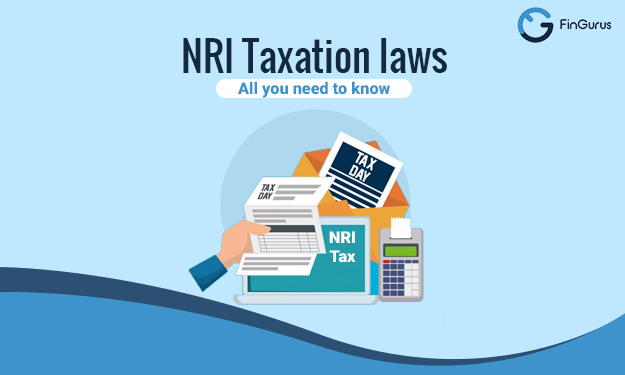In the world of personal finance, taxation is an important aspect. Whether you’re a resident Indian or NRI, taxing is a compulsory and essential part of working with money.
The rules vary for NRIs, and with the new criteria announced by the Finance Ministry, here’s what NRIs can expect –
The Budget changed NRIs’ period to be in the country from 182 days to 120 days in a financial year. The rule applies only for NRIs who earn an income above Rs. 15 lakh during such fiscal year. If their amount crosses 15 lakh and their stay exceeds 120 days, they are treated as residential individuals concerning tax norms.
Here are the particulars based on the residential statuses of individuals –
| Sl. No | Particulars | Residential Status and Taxability in India | ||
| ROR | RNOR | NR | ||
| 1 | Income received or deemed to be received in India | Yes | Yes | Yes |
| 2 | Income which accrues or arises or is deemed to accrue or arise in India | Yes | Yes | Yes |
| 3 | Income which accrues or arises outside India from – | |||
| 3. a | Business controlled in India or profession set up in India | Yes | Yes | No |
| 3. b | Other Income | Yes | No | No |
| Foreign Assets Disclosure Requirements under the Income Tax Axt | Yes | No | No | |
KEY –
ROR: Resident and Ordinarily Resident
RNOR: Resident and Not Ordinarily Resident
NR: Non-resident
Rules for NRI IT Return and RNOR Criteria –
The NRI taxation might seem a bit complicated; they also offer something known as the RNOR status. This means “Resident but Not Ordinarily Resident.”
This helps NRIs save any money earned abroad as it won’t be taxed in the country. This relief acts as a significant aspect of the fundamental changes in the budget rules.
What Constitutes the RNOR Status?
The RNOR status applies to a person if they have been an NRI for a minimum of nine years in the last ten previous financial years prior to that particular year.
The new rule amends that by saying that a person is an RNOR if, during the seven previous years before that particular year, he/she has been present physically in the country for up to 729 days or altogether, cumulatively 729 days or less.
What about Those Without Personal IT Norms?
The government also clarified that people are liable for the NRI tax only if they have business interests based in India or a job set up in countries that fetch income.
Even in conditions involving such professions or businesses that fetch such incomes, only amounts that exceed the Rs. 15 lakh cap is liable for the taxation under NRI. It also leaves out the income earned in foreign nations that are out of the tax net. The Indian stay period continues to be 182 days if the income is below Rs. 15 lakh.
The government had proposed an NRI taxation scheme for those who earned money in nations with no personal IT. They made a few clarifications later on about taxing these NRIs with professional businesses in the country.
Earlier, the government had an NRI taxation proposal for those who earned their incomes in countries with no personal income tax. Only later, the clarifications were made about taxing NRIs with businesses or professional undertakings in India.
What are the Deductions?
You can also claim the deductions on income tax for the NRI category under Section 80C that includes ULIP investments, insurance premiums, or income deductions due to residential property.
The premium of insurance under Section 80D becomes applicable but has an exception for deductions on the interest paid on education loans for studies. Other clarifications and exceptions are mentioned under Section 80E and Section 80G
The NRI tax hinges on the fact whether a person is deemed a resident or not, and this status depends on the days they stay for in India. For more on how to effectively manage your investments and savings in India, head over to FinGurus to get the best financial advice, news, updates, and more.

